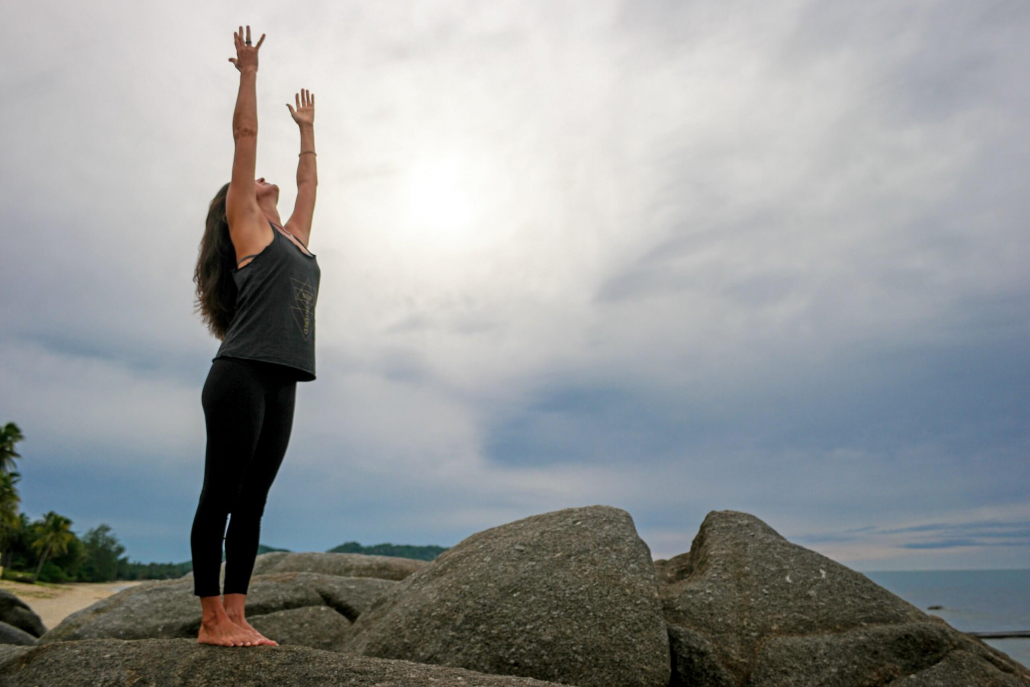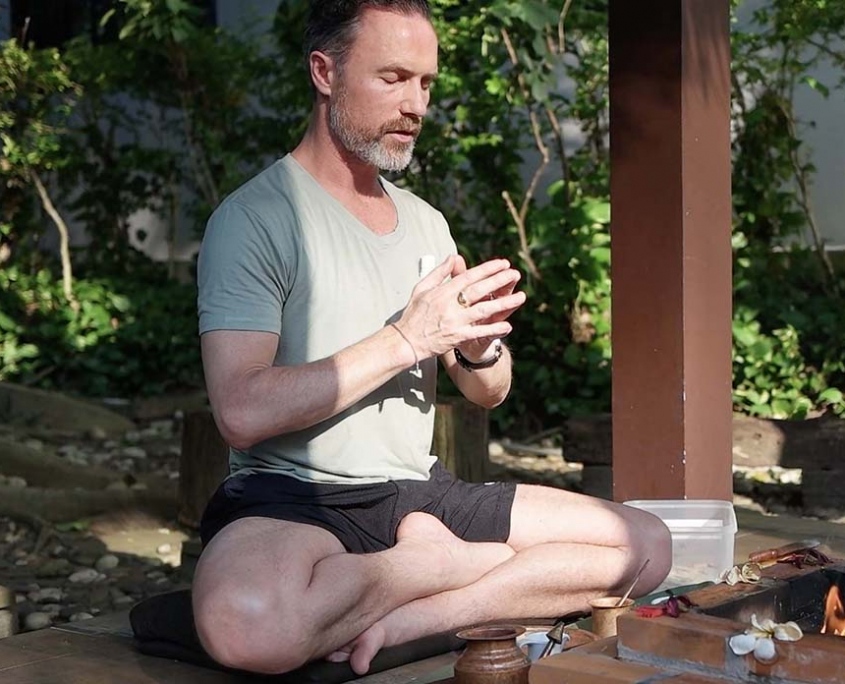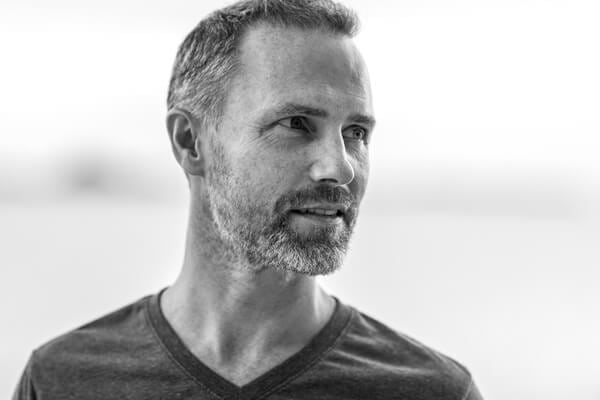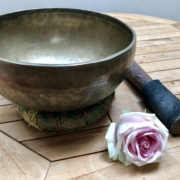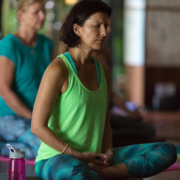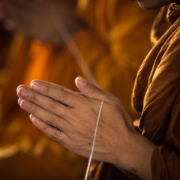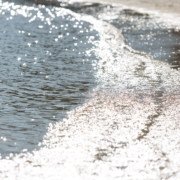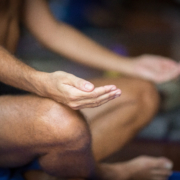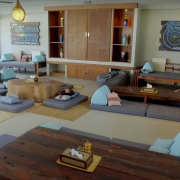 https://samahitaretreat.com/wp-content/uploads/2024/03/DJI_20231220135922_0003_D-scaled.jpg
1920
2560
Kirsten Mia
http://samahitaretreat.com/wp-content/uploads/2024/01/samahita-logo-v2.svg
Kirsten Mia2024-03-20 15:30:592024-03-20 15:30:59Travel, explore, be curious!
https://samahitaretreat.com/wp-content/uploads/2024/03/DJI_20231220135922_0003_D-scaled.jpg
1920
2560
Kirsten Mia
http://samahitaretreat.com/wp-content/uploads/2024/01/samahita-logo-v2.svg
Kirsten Mia2024-03-20 15:30:592024-03-20 15:30:59Travel, explore, be curious!Do You Ask for Help?
How are things going for you lately? Some challenges? Nice surprises?
Do you stay evenly balanced through the challenge-surprise cycle? Or does it get wild? Does practice go on and off?
Have you ever heard that line how a man will never ask for directions so instead ends up driving all over the place, not actually finding his destination, but convinced (or really deluded) that he’s on the right track?
Or, does that sound familiar, more personal, to you?
And though in the case of travel directions it is most often portrayed as a male trait, all are victim to it (though we won’t get into this debate now :).
If it is the stereotypical male in the car saying “I know where it is”, and doesn’t, what is going on inside that head? And why can the … in this cliche story … woman sitting beside him feel freer to ask for directions? Of course in reality it has nothing to do with gender. It is one part social conditioning, and perhaps another part psychology.
Pride and self-preservation mix with delusion, in the form of mind (manas) and ego (ahankara) ruling as bedfellows. What happened to real intelligence, which is governed by the heart, whereby discernment dominates? Yet not in this case.
So it applies to all human beings equally – what will it take to ask for help? Simply. Humbly. Sincerely.
First, acknowledge “I know nothing.” In reality we know little, understand less, cannot really see what is going on because we don’t have the advantage of that (elevated) perspective. So to think one knows and has the solution is unsteady ground on which to tread.
Then, note “I have my intelligence of insight and can do my best to see what is going on now, in front of and around me, and I have some experience, a little bit of knowledge, to draw on.” It’s easy to imagine and make up a future in your head, worry about it or turn it into something fantastical. Memory is also fickle as we look at the past. So what do you know, now, from deep within?
This point is at the heart of ‘yoga’, ‘meditation’, ‘contemplative’ life, as the combination of virtue and discernment. Your own virtuous qualities will become evident in the situation you are facing. Meaning, how do you behave, treat others and yourself? This impacts how you see things. A clearer, sharper, yet virtuous mind is one that constantly discerns. Thereby understands the state of what is going on with them or others, now. This is different from “I know what is going on”.
Virtue and discernment lead to behavior and understanding.
That line is basically the distillation of an entire system of life philosophy.
” A clearer, sharper, yet virtuous mind is one that constantly discerns. Thereby understands the state of what is going on with them or others, now. This is different from “I know what is going on”……”
Virtue and discernment lead to behavior and understanding.
That line is basically the distillation of an entire system of life philosophy.
BUT …… there is another important aspect, out of “I don’t know,” where humility leads virtue and discernment. Then, one can ASK FOR HELP.
ah, well is that all it takes?
Simple really. Come from your heart and you won’t feel pride, shame, concern about how you’ll be judged or look. You can just simply ask for help.
In this case it’s acknowledging that there is no way I can figure any of this out. Hopefully I can stay sharp and clear and respond well as this fickle universe continues its game of constant flux and change.
So simply I ask for help.
But be specific. Do it as a morning open-your-day contemplation. Get absorbed into it. Be clear on what and where in life you need help, which often revert back to the level of virtue and discernment, often low or lacking, and from which issues arise.
Some feel it selfish and egotistical to ask for help. Then the understanding of asking for help is confused. Following the above example, if you are driving others and don’t know the way it is more selfish and egotistical to think you know the way and keep driving without asking, essentially putting that on others.
You ask for help, not for things. We all need help.
And help comes in subtle ways. So when some ask “but who do I ask for help from?” It’s not who or what, it’s tune into your heart, open up, see where you’re stuck, or what is stuck around you, and be simple and humble asking for help. Put it out there. It’s personal for you what you’ll associate that with. No one can or should dictate that for you. But if you are really in your heart the rest takes care of itself.
“But does it work?” Until you ask how would you know? How can anyone else tell you? I know my experience. And it’s powerful.
Tune in, in the heart.
Simple, humble, be specific.
Open up, no conditioned limitations blocking you (but unfortunately they’ll arise). And ask for help.
Make it part of your daily life.
Dr. Paul Dallaghan’s expertise with breathwork, body and meditative practices comes from three sources: (1) three decades of daily dedicated practice and teaching these techniques; (2) uniquely acknowledged in the Yoga tradition by the title of “Master Yogi-Prānācharya (expert in breath)”, following an immersion in the original culture through one-on-one direct training in practice and study of ancient texts; (3) a PhD in doctoral scientific research at a leading US university (Emory) covering both the tradition and science of yoga and breath practices in terms of stress, health and aging. As a result, Paul occupies a unique space to impart genuine teaching and science on the breath, body, and meditative practices, seen as a Teacher-of-teachers and identified to carry on the tradition of Pranayama. His sincere and ongoing role is to teach, write and research, to help put out experienced and authentic information on these areas of how we live, breathe and be, to help people improve their mental and physical health, and live more fulfilling lives.
For more on his background see his bio
More from the Samahita Blog
